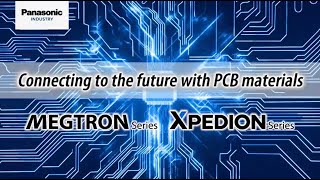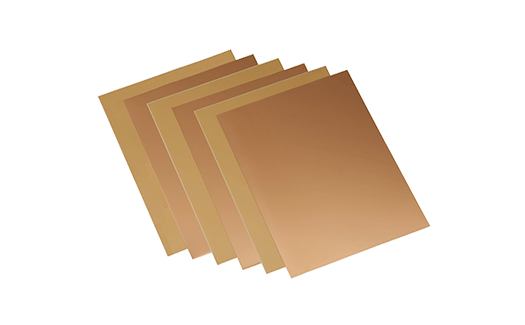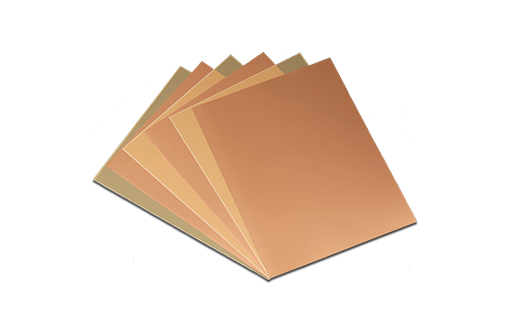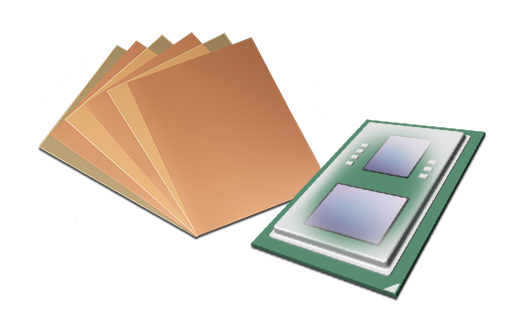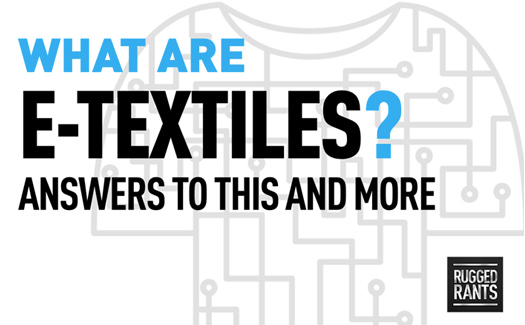Ultra High Speed for Millimeter Wave Radar
Low Transmission Loss + Good Processability + Performance Stability
Laminate R-5515 Prepreg R-5410
![]()
Ideal performance for Printed Circuit Boards used in 79 GHz millimeter wave antennas.
Ultra High Speed for Millimeter Wave Radar
Part number list
Results 1
Resources
Filter by:
Showing 1 to 3 of 3 results
Results3
Low-transmission-loss multi-layer PCB materials, MEGTRON and XPEDION
Discover our top-of-the-line circuit board materials, MEGTRON and XPEDION, designed to provide high-speed, high-frequency, and stable operation for your networking equipment. With our innovative resin design, MEGTRON and XPEDION offer a low dielectric constant (Dk) and dissipation factor (Df) that ensures minimal transmission loss in your printed circuit boards. As your co-creation partner, we are committed to supporting your manufacturing needs with quality materials and contributing to the development of our society.
What's New
Stay up to date
Latest Videos
Playlist
